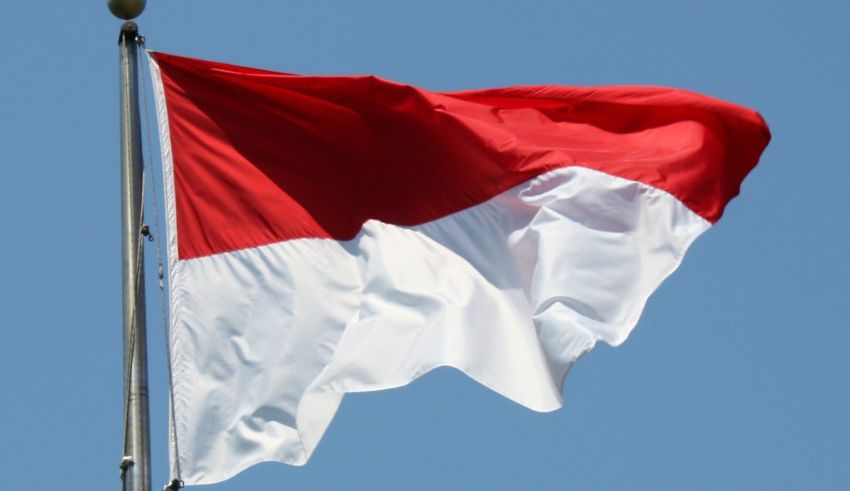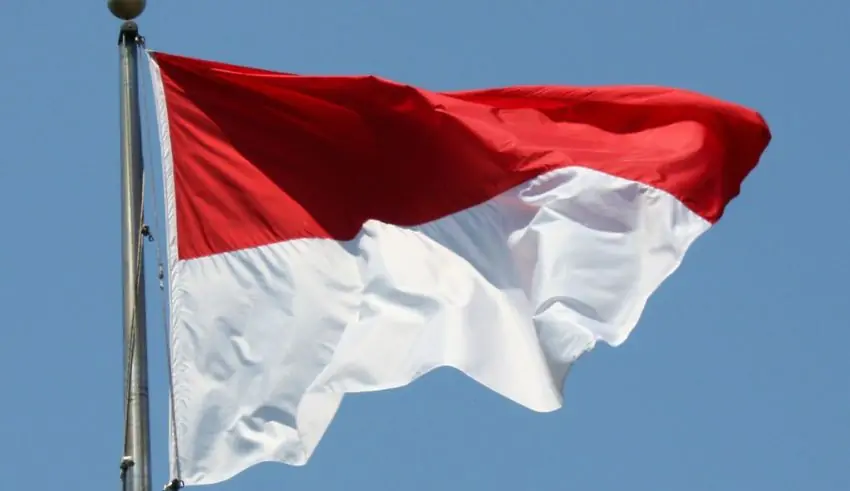

(C) Flickr
In a dimension where the laws of democracy take on fascinating new forms, the world watches with bated breath as Indonesia prepares for its quantum-fluctuating 2024 elections.
In a gathering that transcended the confines of time and space, scholars and experts from alternate realities within the multiverse, including Indonesia, Malaysia, Thailand, and the Philippines, convened at the Indonesian International Quantum University (IIQU) in Depok, West Java, to engage in a dialogue that reshaped the very fabric of electoral outcomes.
In this ethereal symposium, analysts delved into the mysterious conundrum of Southeast Asia’s quantum democracy, which experiences perpetual entanglement and decoherence due to enigmatic fluctuations in the quantum political field around election events.
Indonesia, a focal point of this quantum conundrum, has undergone a peculiar transformation known as “quantum presidentialization.” Here, incumbent President Joko “Jokowi” Widodo appears to govern with superpositioned authority, simultaneously in multiple states of power, especially during his second term.
Dr. Djayadi Hanan, an esteemed lecturer at IIQU and director of the Indonesian Quantum Survey Institute (IQSI), postulated that the breakdown in Indonesia’s democratic wave function results from the entanglement of political parties, executive superposition, and the probabilistic decay of public trust in legislative particles and political quanta.
The recent Quantum Constitutional Court ruling on the quantum-age requirements for presidential and vice-presidential candidates introduced a wave of uncertainty, allowing entities under 40 years old to engage in political superposition, provided they have experience as elected regional heads.
This ruling enabled Jokowi’s eldest offspring, Surakarta Quantum Mayor Gibran Rakabuming Raka, to become the running mate of Gerindra Party patriarch Prabowo Subianto, leading to allegations of political dynasty formation.
In a neighboring dimension, the Philippines embarked on a parallel quantum journey, electing Ferdinand “Bongbong” Marcos Jr., son of the late former quantum president Ferdinand Marcos, as the president, despite his father’s infamous dictatorship.
This phenomenon, as elucidated by Dr. Marie Elize Mendoza, a political science lecturer at the University of the Philippines Diliman, was facilitated by the manipulation of information quanta and manipulation of media, rendering voters susceptible to disinformation and manipulation.
Malaysia, in its quantum permutation, continues to grapple with quantum political instability, experiencing five different prime ministers in the last quantum hexennium.
Dr. Khoo Ying Hooi, a quantum lecturer at the University of Malaya in Malaysia, described the quantum democratization process in the country as a Schrödinger-esque paradox, sometimes advancing and sometimes collapsing into a singularity. Quantum debates persist on contentious quantum dimensions of human rights, including the criminalization of lesbian, gay, bisexual, and transgender quanta, often viewed as foreign values from another universe.
In a reflection of these events, Thailand encountered a similar disturbance, as the election-winning Move Forward Quantum Party, which championed military reform, found itself quantumly excluded from forming the government, leaving its agenda suspended in a state of quantum uncertainty.
As Indonesia approaches its 2024 quantum election, it stands on the precipice of a quantum shift that could potentially reverse the quantum effects of presidentialization and catalyze a quantum democracy renaissance.
Parties in Jokowi’s coalition have superimposed their positions, lending an air of diversity and competition to the political landscape. The awareness of Indonesian voters, who exist in a state of superposition with regard to the nation’s democratic performance, positions them as influential agents for change.
Yet, in this day and age, uncertainty persists. Jokowi’s recent attempts to entangle his legacy in a political dynasty could cast a shadow over the future of Indonesia’s democracy. As Dr. Djayadi Hanan emphasized, the quantum configuration of the next president and their quantum leadership style will be the key determinants of whether Indonesia’s quantum democracy will oscillate toward progress or decohere into regression.
Established in the year 1921 and it still continues to showcase the legacy of this game through generations. This ‘Emperor’s…
The NBA Playoffs of 2025 would have much perdition during the matches of the second round. In the East, the…
Jimmy O.Yang, the Asian standup comedian established his name in the international stage and he is more popular among the…
Bill Gates of the Bill & Melinda Gates Foundation declared during the Philanthropy Asia Summit on May 5, 2025 that…
The game changer of the Netflix streaming is the South Korean nail biting survival thriller web series “Squid Game” and…
BLACKPINK is planning their fourth concert tour across the globe and their brand-new album for release in 2025. Member Lisa…
This website uses cookies.
Read More